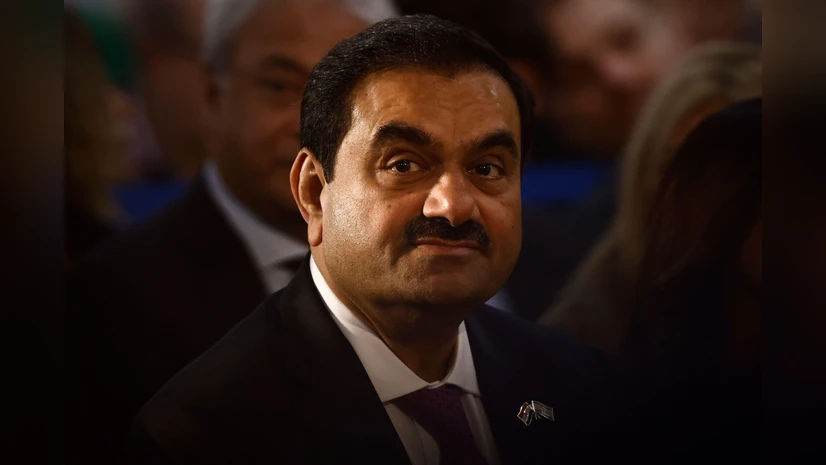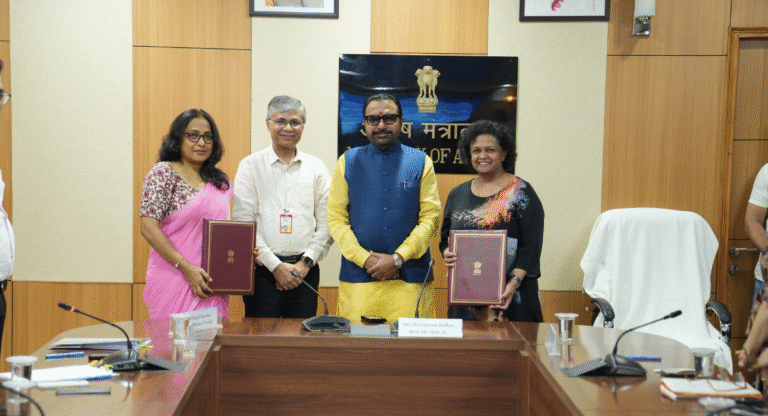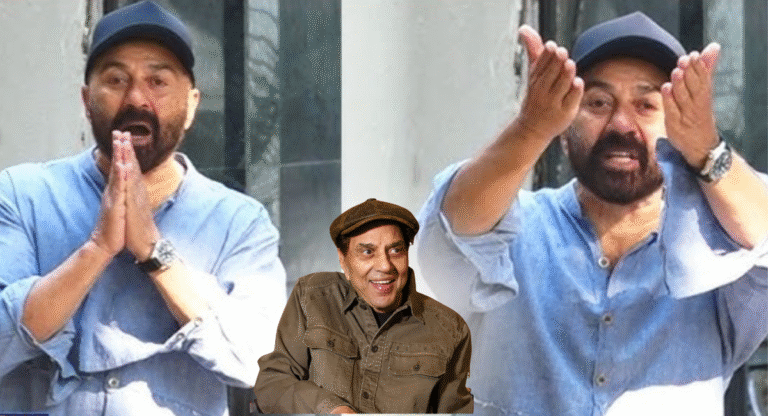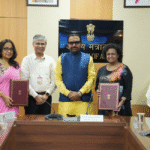
New Delhi, September 19: Delhi Court Quashes ADANI ‘Gag Order’’, In a significant development for press freedom, a Delhi district court has quashed an earlier order that had restrained journalists from publishing allegedly defamatory reports against Adani Enterprises Ltd (AEL). The court observed that the injunction issued on September 6 by a lower court was “not sustainable” as it was passed without giving the journalists an opportunity to be heard.
The Case
Adani Enterprises had approached the court alleging that certain journalists and content creators were publishing unverified and defamatory material, damaging the reputation of the company. Acting on the plea, the Rohini court had passed an ex parte interim order, effectively restricting journalists from publishing further reports and directing the removal of existing content.
Following this order, government departments sent takedown notices to digital platforms including YouTube and Instagram. Reports suggest that nearly 138 YouTube videos and 83 Instagram posts critical of the Adani Group were taken down as a result.
The Journalists’ Appeal against Delhi Court Quashes ADANI ‘Gag Order’
Four journalists — Ravi Nair, Abir Dasgupta, Ayeshkant Das, and Ayush Joshi — challenged the gag order before District Judge Ashish Aggarwal, arguing that the restraint order was excessive, violated their right to be heard, and amounted to censorship of critical reporting.
Senior journalist Paranjoy Guha Thakurta, who was also affected by the gag order, has filed a separate appeal which remains pending before the court.
Court’s Observations
While setting aside the order, Judge Ashish Aggarwal emphasized the importance of due process and the right to free expression:
- The court noted that the lower court had failed to issue notices to the journalists before passing such a sweeping order.
- It warned that restraining journalists without hearing them could cause irreversible harm, especially since once content is removed from digital platforms, restoring it is extremely difficult.
- The judge held that the balance of convenience lay in allowing journalists to continue reporting, subject to defamation law, rather than imposing a blanket ban.
Larger Implications
The ruling is being hailed as a victory for press freedom and a reminder that injunctions cannot be used as a tool to silence criticism. Legal experts say the judgment reinforces that media cannot be restrained arbitrarily, and companies must prove defamation through proper legal process.
However, the broader defamation proceedings initiated by Adani Enterprises are still pending. The court will, in the coming hearings, examine whether the disputed reports were defamatory or based on verified facts.
What Next?
- The gag order stands quashed, meaning journalists can continue reporting on the Adani Group without fear of legal restraint — though they remain liable under defamation laws if proven wrong.
- The pending appeal of Paranjoy Guha Thakurta will be heard separately.
- The case is likely to spark continued debate on the thin line between protecting corporate reputation and safeguarding freedom of the press.














